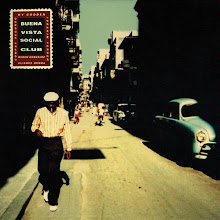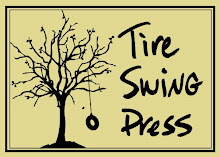Self-consciousness made its debut fairly early in the trait game, right around 3 or 4 years of age. Its early work was visceral, usually consisting of a simple awareness that there was poop in one’s pants, and that this was not okay. Self-consciousness could have remained this way, as a survival instinct, if not for the complications presented by 12 years of formal schooling. When anonymity is the goal, self-consciousness quickly becomes undesirable. In the conformist boot camp of high school, any awareness of the poop in one’s pants is excruciating not so much for its inherent health hazards as for the fact that it sets one apart from the surrounding poopless masses. Also it’s gross. I mean dude, seriously, come on.
In adulthood, self-consciousness becomes a two way street; a street that will occasionally host long, noisy parades dedicated to one’s shame and humiliation running in both directions. Like all traits, self-consciousness has its fans and its detractors. Proponents of self-consciousness often pride themselves on having total control over the way others perceive them. These people never allow themselves to “play the fool,” but would rather calculate every move by carefully predicting its outcome. In social situations, you may find them passing off lines from obscure books or movies as their own, putting off certain interactions until they feel comfortable with the ambient music, and strictly choreographing the way in which they pensively check (or pretend to check) their text messages.
Those who reject self-consciousness may enjoy a more carefree existence in exchange for the constant possibility of massive embarrassment and/or severe injury. Abandoning any sense of how one is perceived is a great way to free up mental time and energy for other things, such as generating actual accomplishments rather than cultivating the appearance of success. This devil-may-care attitude, however, puts one on a fine line between maverick and asshole, and those who eschew self-consciousness completely must be prepared to live their lives as some variety of mav-hole.
As with all traits, self-consciousness is best enjoyed in moderation. Some situations, such as a first date or job interview, lend themselves to high levels of self-consciousness, while others, such as Burning Man or a meth-fueled orgy, do not. The trick is finding what level of self-consciousness is right for you. If you are considering a career as a poet, robot, or department-store manikin, you might wish to give your self-consciousness a long leash. However, if your goals fall more along the lines of a reality TV show participant, sports fan, or the inventor of Twitter, self-consciousness will only stand in the way of your dreams.
On the trait-grading scale of one to ten, I give self-consciousness a solid seven. While it’s probably not going to land on anyone’s top ten traits list, its overriding influence on many other aspects of a personality cannot be disputed. Some people, who on occasion may find that a grating awareness of their own tousled nose hairs prevents them from mustering up the confidence necessary to order a sandwich, may wish that they could give up self-consciousness altogether, and return to the impetuous, free-spirited days of their early childhood. It’s hard to deny the appeal of living life without any backward glances, or peripheral vision for that matter, to slow you down. However, before succumbing to the regrets of a life observed versus a life truly lived, consider this: can anyone who stumbles blindly through the day, oblivious to their poo-choked Dockers ever be truly alive? Or are they rather, in the end, just kind of nasty?
Jamie King is a writer and comedian from Washington State, based in Brooklyn. Recently, his work has appeared online in McSweeney's Internet Tendency and onstage at The Upright Citizen's Brigade Theatre, New York. More essays, videos, and propaganda can be found at www.kingjamie.net.







No comments:
Post a Comment